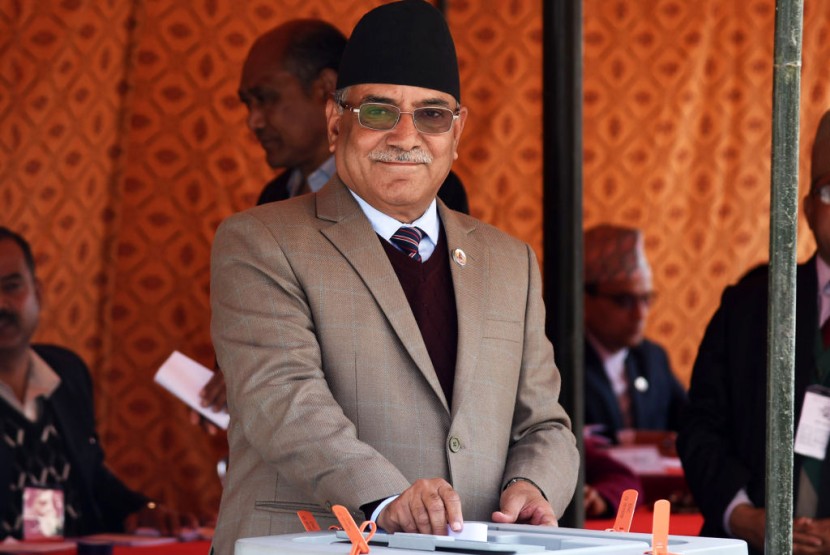
The newly appointed foreign minister of Nepal stated on Wednesday, April 26, that the country's new communist prime minister is committed to improving ties with both India and China. The nation has also promised not to play one country off the other for its personal advantage.
Nepal's Foreign Minister Narayan Prakash Saud recently informed AP News that Prime Minister Pushpa Kamal Dahal would be making his first international trip to India since assuming office earlier this year.
Commitment to Avoid Conflict
Nepal has an open border with India on three sides and is surrounded by Indian territory, while the highest Himalayan peaks are split between Nepal and China. Both of these Asian giants are vying for control over the country by lavishing assistance and investments upon it.
However, according to Fox News, Saud assured the public that the government would not take any action to strain relations with any neighboring country.
"We will never use the two nations against each other for our own benefit. We will not interfere with the internal matters of their countries, and we would also want that no other country should interfere with our internal issues," Saud stated.
Relations with India and China
Until recently, India has been Nepal's most influential neighbor, but the impact of China is gradually expanding. China has spent a lot of money on infrastructure projects, including airports, roadways, and hydroelectric dams. However, Nepal must rely on India for all of its energy and most of its supplies and medications.
The competition between India and China for sway in Nepal is a reflection of a much larger power struggle in the area. China's Belt and Road Initiative, which revives the ancient Silk Road in order to link China to the West, sees Nepal as pivotal to its success.
Nepal has been on India's radar as a potential threat since a communist government was elected in 2017. Late in 2022, after another election, a coalition government led by a communist prime minister took power.
At the end of 2015, tensions between the two countries reached a new low as India sponsored demonstrations by ethnic groups in southern Nepal against a new constitution. It even helped implement an unofficial economic blockade, cutting down the flow of oil and products over the border.
Nepal and India have each established committees to address outstanding problems such as border disputes, river water sharing, and the evaluation of a friendship treaty.
The Anticipated Visit to India
It has not been decided when Nepal's prime minister will go to India, but according to Saud, it will be within the next several weeks.
During the visit, important discussions would take place on initiatives including water resources, commerce, and the export of electricity to foreign nations.
Saud remarked, "There are several mechanisms for discussions on issues concerning the two nations, which have been stalled and unable to be active for several reasons, including COVID-19. We are going to try and activate those mechanisms."
© 2025 HNGN, All rights reserved. Do not reproduce without permission.








